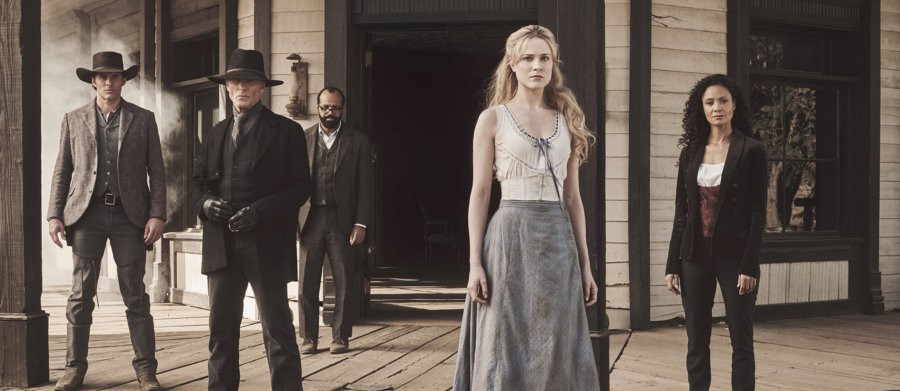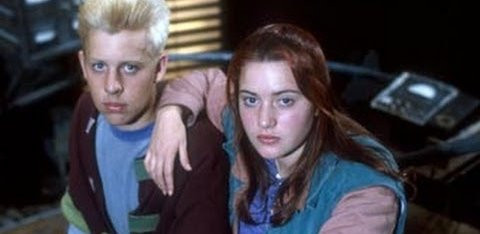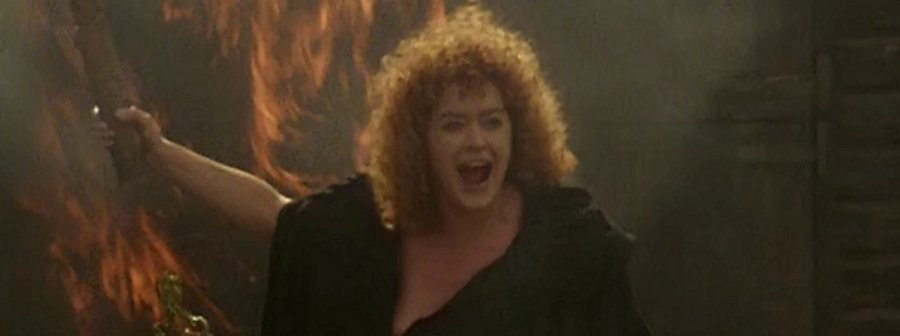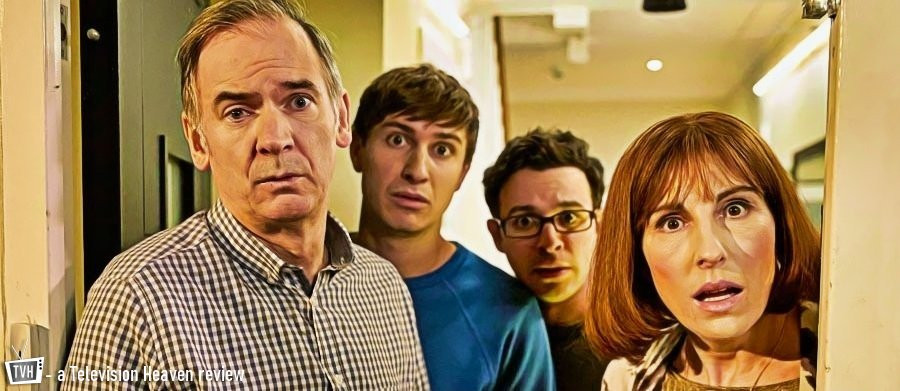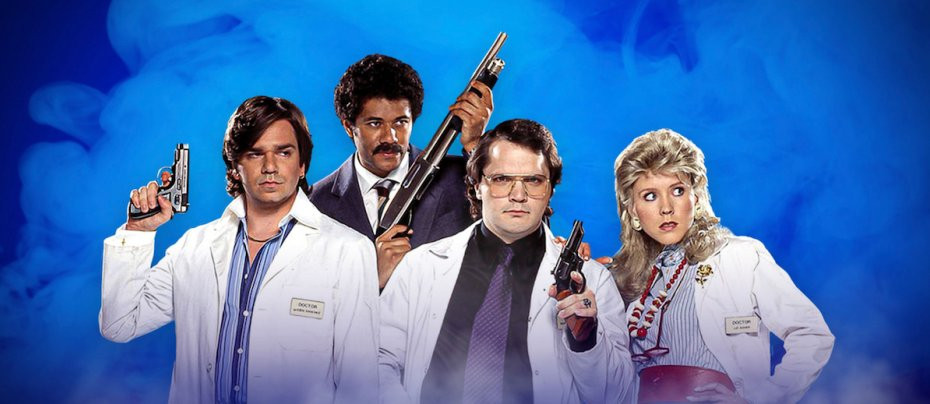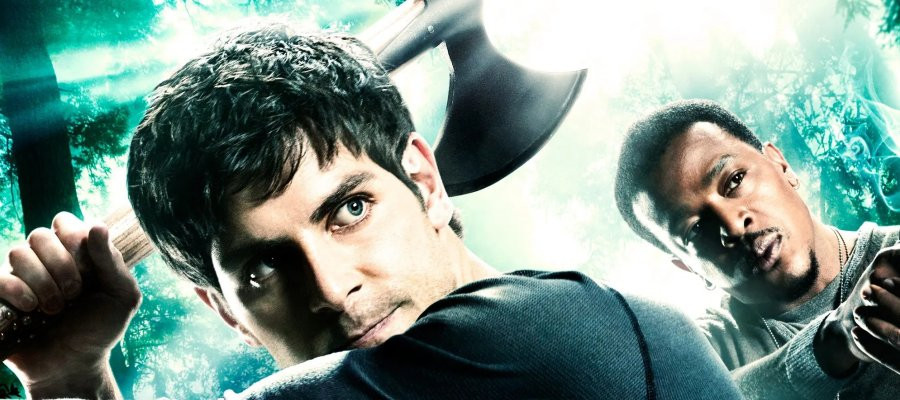
Grimm
2011 - United States"There once was a man who lived a life so strange, it had to be true..."
So begins Grimm, a supernatural crime drama that sets itself apart by fusing police procedural with mythological fantasy. Over six seasons and 123 episodes, the series follows Portland homicide detective Nick Burkhardt, who discovers he's a Grimm—descended from an ancient line of hunters tasked with keeping peace between humanity and Wesen, a hidden race of mythological creatures.
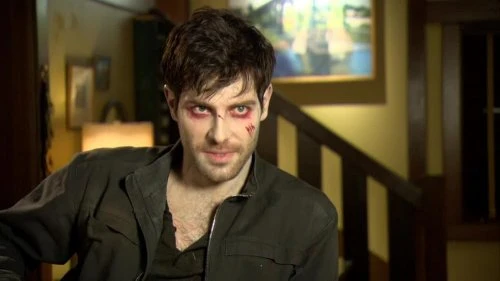
At its core, Grimm functions like a classic detective show: Nick and his partner Hank solve brutal murders week to week. The twist, of course, is that many of the culprits aren’t your average criminals—they're creatures from folklore brought to life. The series draws inspiration not only from the Brothers Grimm fairy tales (albeit heavily reinterpreted), but also a wide range of myths, legends, and world folklore.
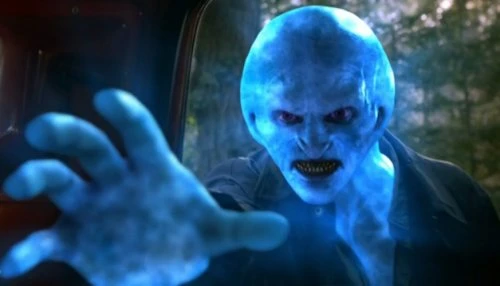
This genre-blending is where Grimm truly shines. It uses its premise not only to provide creative “monster-of-the-week” storytelling, but also to explore deeper themes: prejudice, identity, justice, and legacy. Nick himself is no ordinary Grimm; unlike his brutal forebears, he is driven by a desire to protect, not persecute. This divergence gives the show an underlying moral compass and helps drive much of the interpersonal conflict and growth across the series.
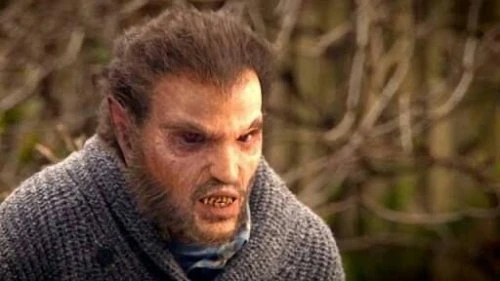
The lore behind Grimm is expansive. Early seasons establish the existence of Wesen (creatures like wolf-like Blutbaden, foxlike Fuchsbau, or warlocklike Zauberbiests), many of whom live hidden among humans. As the show progresses, the narrative shifts from standalone episodes to more serialized arcs, introducing shadowy organisations such as the Royal Families, the Resistance, Black Claw, and Hadrian’s Wall (HW). These secret societies bring depth—but also a fair bit of narrative clutter.
To its credit, Grimm constructs a living, breathing world with a surprising level of refinement. Not all Wesen are good or evil; the show intentionally plays with moral ambiguity, allowing for character evolution and shifting alliances. However, some plotlines—particularly those involving the Royals and Black Claw—are either abruptly dropped or feel underdeveloped. The final season attempts to tie loose ends together but rushes through several significant developments, resulting in a rather chaotic finale.

Despite its rich lore, what truly grounds Grimm is its characters. David Giuntoli gives a solid, if understated, performance as Nick, anchoring the chaos around him. Silas Weir Mitchell’s Monroe, a reformed Blutbad with a fondness for clocks and classical music, is arguably the show’s standout, delivering humour and heart in equal measure. The chemistry between Monroe and Rosalee (Bree Turner), a kind-hearted apothecary, is one of the show’s most compelling relationships and provides a heartfelt counterpoint to the often-grisly murders.
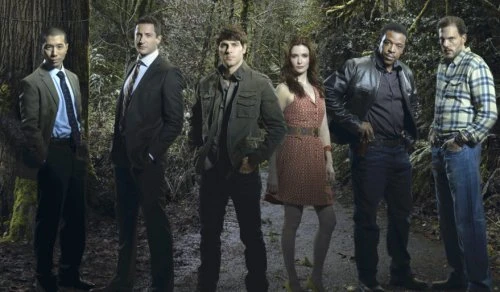
Supporting cast members like Russell Hornsby (Hank), Reggie Lee (Wu), and Sasha Roiz (Renard) all bring depth and charisma, helping flesh out the human and Wesen communities alike. Bitsie Tulloch’s character arc—Juliette turned Eve—is uneven, occasionally baffling, but undeniably ambitious.
Then there's Trubel (Jacqueline Toboni), a younger, more instinctual Grimm who’s a late but much-needed addition. Unfortunately, the show frustratingly sidelines her too often, a pattern that reflects some of Grimm's wider issues with pacing and character consistency.
Grimm is far from flawless. Its overarching plotlines are sometimes messy, and it has a tendency to abandon characters or subplots without closure. But despite these issues, it offers a compelling blend of mythology, mystery, and meaningful relationships. Its themes of tolerance, redemption, and cultural legacy elevate it beyond a typical supernatural drama.
For fans of shows like Buffy the Vampire Slayer, Supernatural, or The X-Files, Grimm presents a fresh perspective—familiar in structure, but unique in its worldbuilding and cultural depth. The monsters are intriguing, the world is vast, and the heart is real. And ultimately, that’s what makes Grimm worth the watch.
Seen this show? How do you rate it?
Seen this show? How do you rate it?
Published on July 31st, 2025. Written by Laurence Marcus for Television Heaven.


